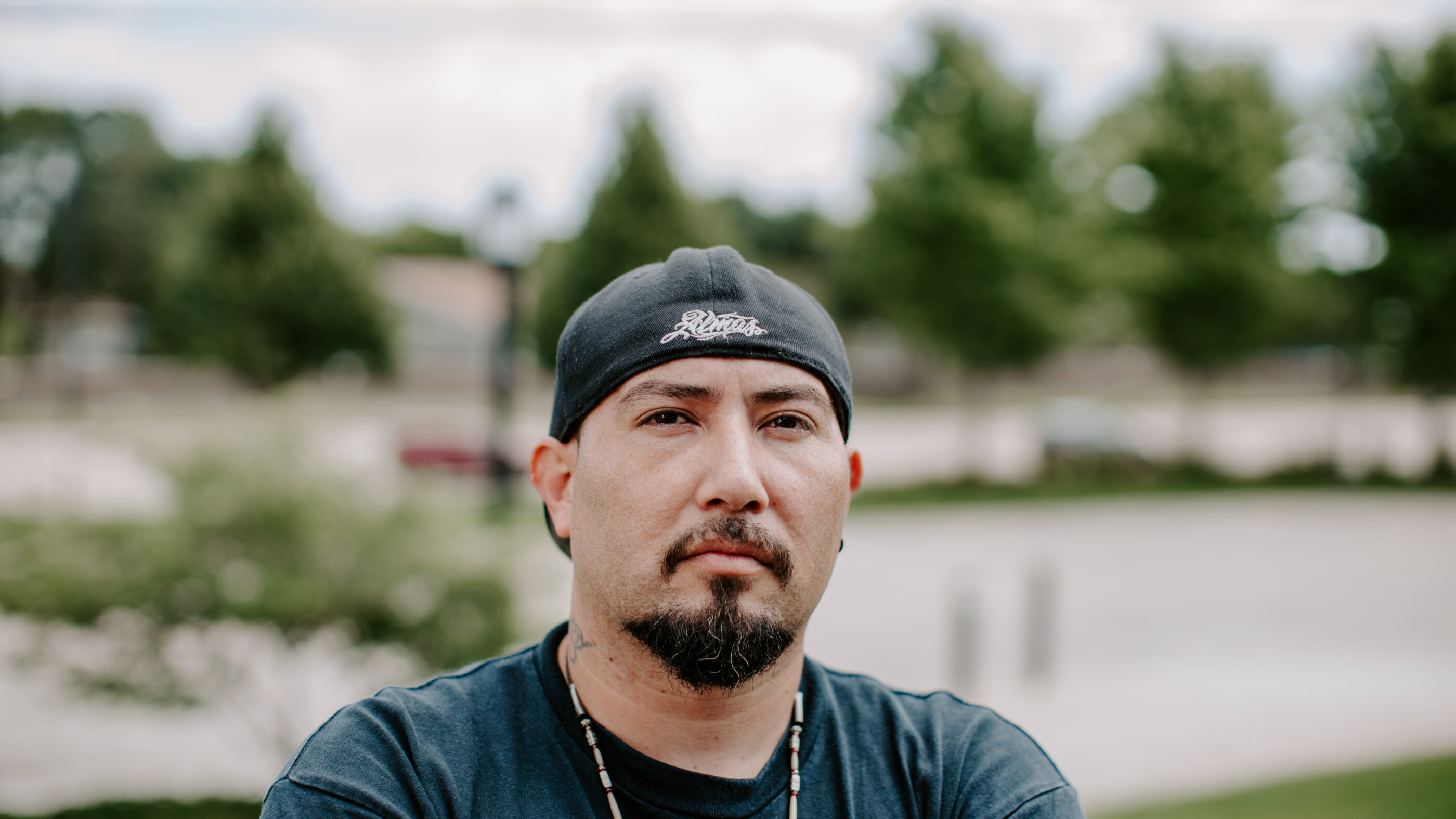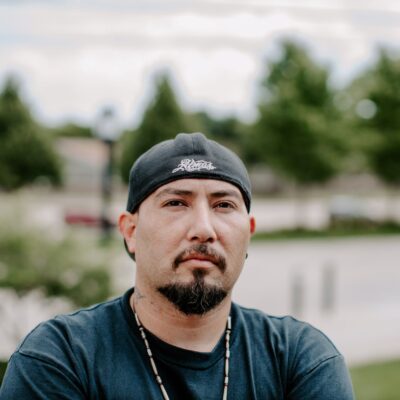#WyLeg Update: Senate File 62 will be heard by the House Education Committee on Monday. Take a moment right now to email members to ask they OPPOSE these bills.
Imagine learning about Christopher Columbus but not being able to talk about the experiences of the Indigenous people already living on the land. Or being a high school history teacher and not being allowed to use terms like “systemic racism” to teach about slavery and its longstanding impacts that perpetuate discrimination for Black people today.
In some states across the country, this isn’t just a hypothetical situation. It’s happening.
In the past few months, there has been a proliferation of state-based efforts to restrict the teaching of so-called “divisive concepts.” This nationwide push is part of a concerted and coordinated effort to limit teacher and student rights, free speech and hinder the discussion of racial justice issues in classrooms.
It’s happening in Wyoming, too, with bills like Senate File 103. Though we’re in a budget session this year and legislation related to dollars and cents is supposed to take priority, some legislators are more concerned with critical race theory, a high-level academic framework mostly used by legal scholars to examine how policies and laws perpetuate systemic racism.
What was once an obscure concept, critical race theory is now a catchall term for any discussion of race or gender or topics that make some people uncomfortable. Lawmakers claim that teachers are teaching about these topics in ways that sow division among students and are contrary to the unity of the nation. They say that limits on honest discussions about race prevent the political indoctrination of students. What these limits really do, however, is rob young people of an opportunity to learn an inclusive and complete history.
Many will interpret limits or restrictions on critical race theory to mean a ban on discussing or raising issues of race or gender in the classroom at all. Preventing discussions like this is an affront to free speech, a value that should be held in the highest regard. As a matter of fact, it’s our right. The First Amendment protects the right to share ideas, including the right of listeners to receive information and knowledge. Anything less is classroom censorship, pure and simple.
Education is a tool of empowerment put to its highest use when teachers and students are given the full scope of their constitutional rights to engage in comprehensive, meaningful, and sometimes difficult conversations. But when Wyoming state officials try to impose curriculum restrictions like this, that’s threatened. Senate File 103 doesn’t just set back progress in addressing systemic issues, it also robs young people of an inclusive education and blatantly suppresses speech about race.
Teaching students about history without examining its contradictions and failures leaves students ignorant of their country’s full story. Having the opportunity to learn and talk about the history and cultures of Indigenous communities, people of color, LGBTQ+ and Two Spirit people, and other marginalized communities benefits all students.
When you attempt to censor the truth, you open the door to dangerous false narratives about the past and can create education environments that are inequitable, particularly for students of color. The ability to discuss and debate ideas, even those that some find uncomfortable, is a crucial part of our democracy.


